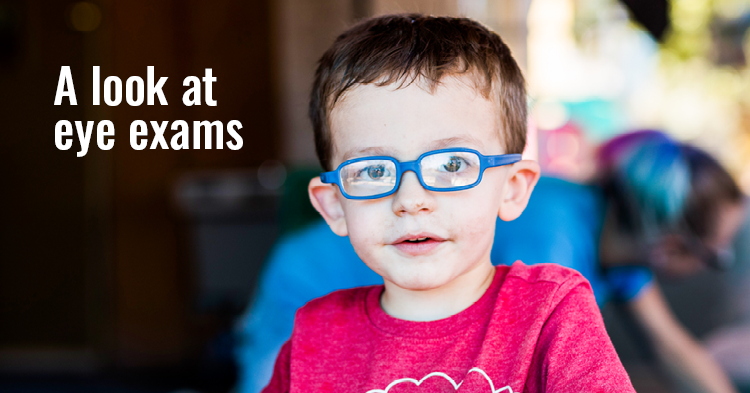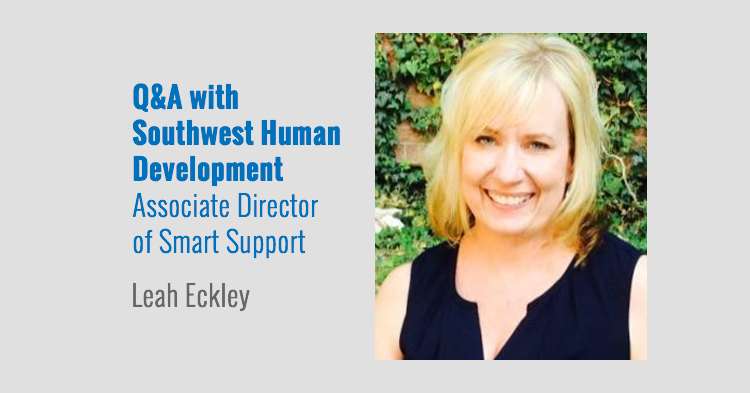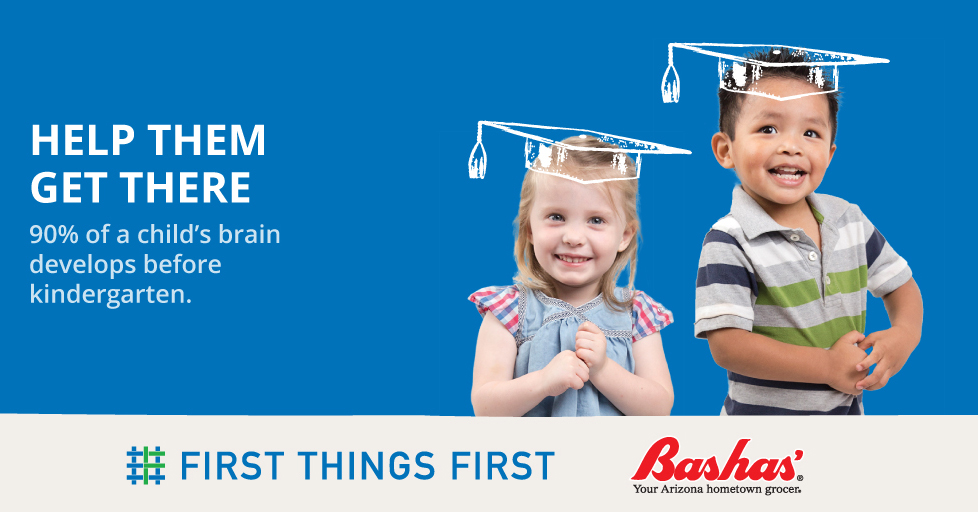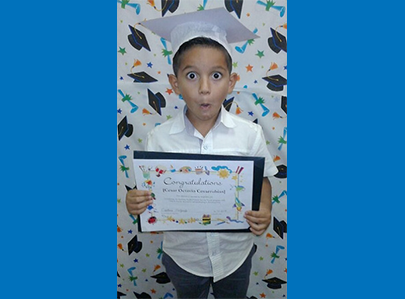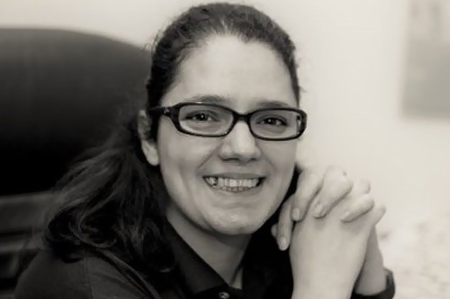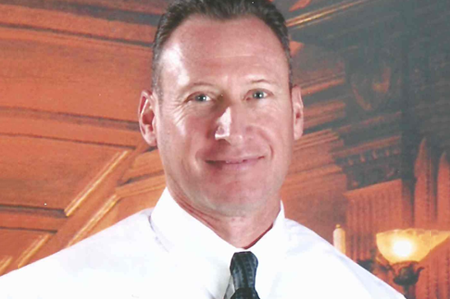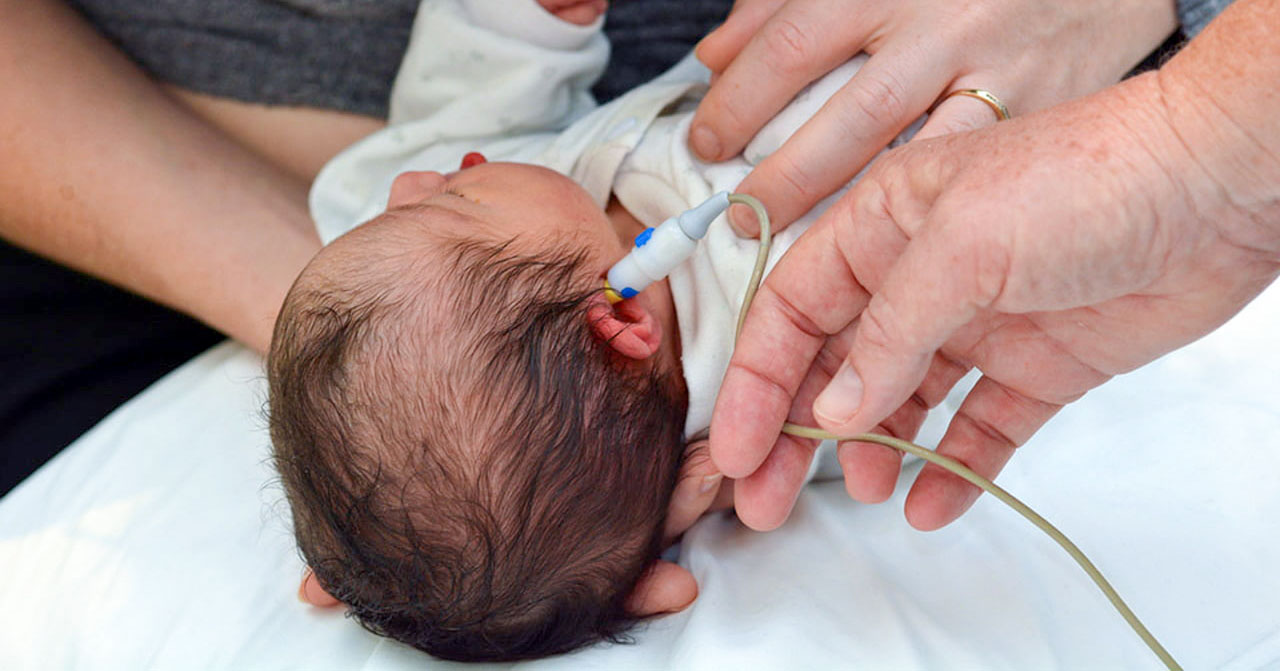
A collaboration of state agencies and other partners, convened by First Things First, is working together to improve the system that addresses the developmental needs of Arizona’s young children.
They are working in a number of areas, from better coordinating early screening services to helping families understand where to find help to improving existing services and professional development for service providers.
In Arizona, there are a variety of partners that make up the early intervention system. Ensuring a child’s healthy development is a partnership between families, non-profit and public agencies, health care providers, early educators and other professionals who may work with a family, such as home visitors. Each partner plays a key role in working with families to support a child’s healthy growth and development. Coordinating and aligning the work of these various collaborating partners is crucial to ensure that:
- Children receive timely and appropriate screenings and referrals;
- Appropriate prevention, early intervention and treatment services are available; and
- Children receive the support and services they need to achieve healthy development.
Over the past few years, FTF has convened these many system partners to increase the effectiveness of this complex system.
Recently, a panel of the state agency partners provided an update on this work to the FTF state Board. They included representatives from the Arizona Health Care Cost Containment System (AHCCCS), Department of Health Services (DHS), Department of Child Safety (DCS), Department of Education (ADE) and Department of Economic Security (DES).
“We have been breaking down the silos over the past couple of years, which is really huge for us,” said Jenee Sisnroy, Arizona Early Intervention (AzEIP) Program Administrator/Part C Coordinator with the Division of Developmental Disabilities at DES. “Five years ago, we weren’t in this position. All of our state agencies and our programs were very siloed and working very separately. And, now, with all the great leadership we have at the state level, everyone is really wanting to ensure that children and families are our focus.
Reducing duplication and expanding on what’s working well – that’s definitely an area that we’re all focusing on.”
Interagency collaboration is absolutely necessary for early identification to happen, said Christopher Tiffany, executive director of Raising Special Kids. His organization provides support and information for parents of children with disabilities and special health care needs in Arizona. It also serves as a central point of referral for many families.
“For parents, getting a phone number and making a call is sometimes a difficult thing to do to express concerns about your child’s development,” Tiffany said.
He spoke of his family’s experience with making that phone call. “We were lucky that on the other end of the phone call we got to the right place. Sometimes parents don’t. Because we now have this collaboration, agencies are making referrals and talking with parents in a way that when they send them somewhere, it’s the place they need to be.”
Research shows that the earlier the intervention, the better outcomes we’ll have for children with developmental delays, suspected disabilities and actual disabilities, Tiffany said.
“I don’t think a perfect system exists anywhere in the nation, but we’re always going to be closer to perfect if we’re working together,” Tiffany said. “As long as the partnerships are working in the best interest of the child and the family, it’s a great start.”
Among the successes shared by the panel were:
- The Arizona Early Intervention Program (AzEIP) and the Arizona Department of Education (ADE) have been working together to enhance the skills and understanding of screening staff to ensure that the appropriate families are referred for follow-up evaluation. As a result, the percentage of families referred to the program who are not approved for services has decreased from 17% to 2%.
- AzEIP also has moved to a team-based approach to serving children birth to age 3 with developmental delays and their families. The team includes all the providers who work with the family, including educators and therapists. Based on the child’s needs, the family decides which provider will lead their team. In addition, AzEIP is focused on providing services in the child’s home whenever possible, since it is the child’s natural environment and allows the family to grow in their ability to meet the child’s needs at home.
- ADE is piloting a program with about 10 school districts statewide to increase the number of children with special needs who are served in inclusive settings. When children with special needs are segregated, they may receive services to address their specific cognitive or physical delays, but they don’t have as many opportunities to grow socially and emotionally – two factors that are crucial to their success in school. Through the pilot, the department works with special education teachers, general education teachers and support staff to build their understanding of how to work together to ensure all children in the inclusive setting are successful. In one district piloting the program, the number of preschools serving children with special needs in segregated classrooms has dropped from around 1,000 to about 400.
The early intervention system is complex and can be difficult for families to navigate with the many partners, various policies and numerous practices that drive the provision of services — including screening, assessment and evaluation, and services and therapies — and the delivery of services across the health care, education and social services sectors. Due to its complexity, it is critical that families have a comprehensive, integrated, coordinated and effective early intervention system of services for their children with developmental concerns, delays and disabilities no matter when, where or how they enter the system.


